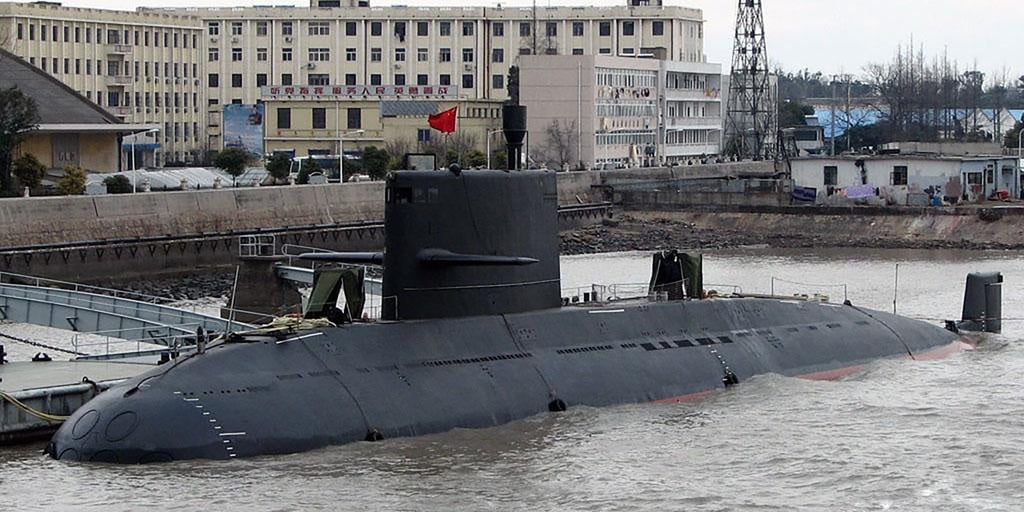Explainer | Thailand’s Chinese submarine deal: why is it stuck in limbo, and will it go ahead?
- Prime Minister Prayuth Chan-ocha’s government has struggled to defend the US$1.05 billion deal for three Chinese submarines at a time of economic hardship
- Opposition politicians have called for it to be scrapped. But observers say that is unlikely, in the interests of ‘maintaining close neighbourly relations’

A German official in the country’s Thai embassy said in February that Beijing had failed to coordinate with Berlin before signing the 2017 contract.

The first of three diesel-electric S26T submarines with German-made MTU engines that Thailand ordered from China was set to arrive in 2024. Given the snag related to the supply of engines, that delivery date is likely to be delayed.
Opposition politicians in Thailand have called for the submarine deal to be scrapped, claiming that it would be in the nation’s best interests given the EU embargo.
Prime Minister Prayuth Chan-ocha’s government, meanwhile, has struggled to defend the deal, which continues to be the subject of strident public criticism, with many questioning if such exorbitant defence expenditure was needed following the economic pain caused by the pandemic.